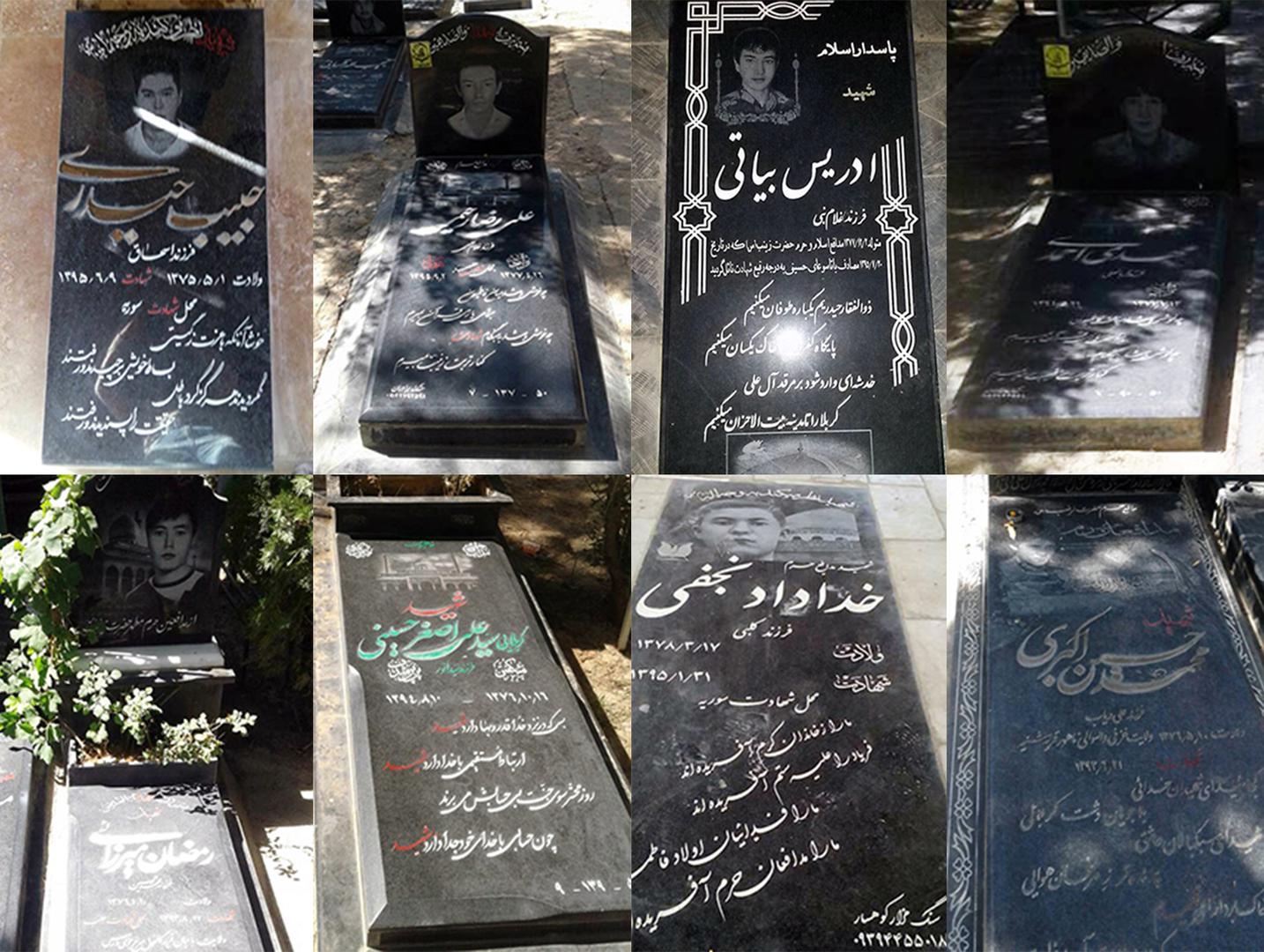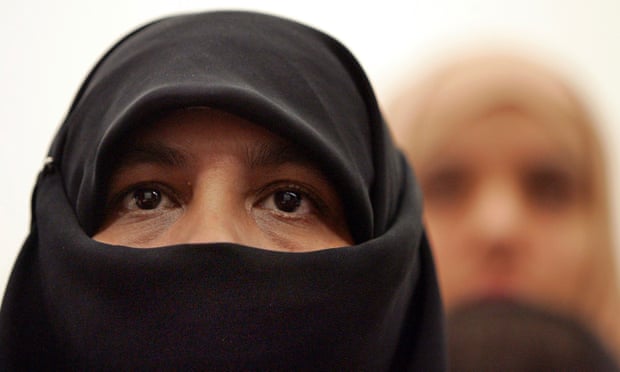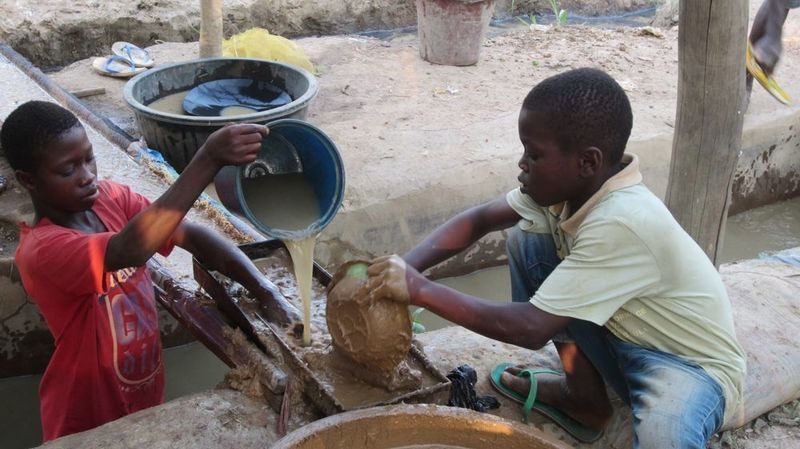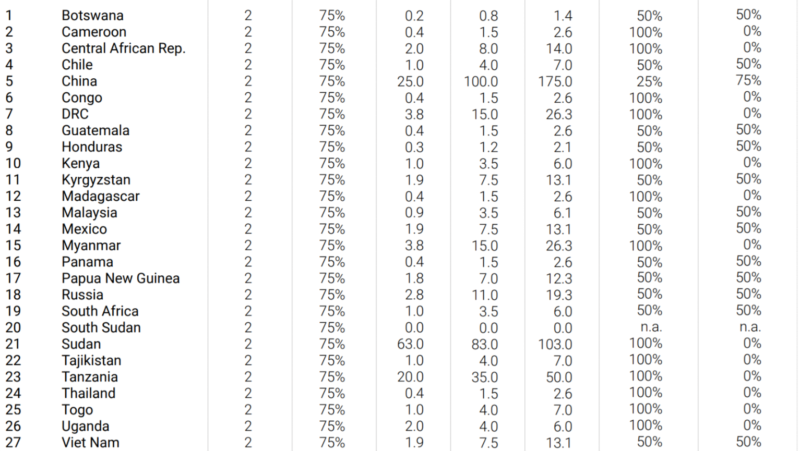Matthew Sneed
Impunity Watch Reporter, The Middle East
TEHRAN, Iran – According to the Human Rights Watch, Iran has recruited children as young as 14 to fight in Syria. Iran’s Islamic Revolutionary Guard Corps (IRGC), has been recruiting the teenagers to the Fatemyioun division. This division is made up of exclusively Afghan troops who fight with the government in Syria.

According to international law, military recruits must be at least 18 years olf and recruiting children under the age of 15 to participate in battle is a war crime. Researchers for Human Rights Watch looked at the photographs of tombstones in Iranian cemeteries and they identified eight children who reportedly fought and died in Syria. Five of those eight children are believed to have died at the age of fourteen. In addition, the phrase “defenders of the shrine” was written on seven of the eight tombstones. This is the saying the Iranian government uses for the fighters it sends to war.
It is believed that some children and volunteers lie about their age in order to enlist. Some believe it will prevent them being deported back to Afghanistan. Tara Sepehri Far, a Human Rights Watch Researcher, said “[w]e spoke to one person who fought as part of the Fatemiyoun Division and he said that he was able to receive a residency permit upon return.” She further stated that she does not believe that the children are intentionally recruited and, “[i]t’s more of a sloppiness that the authorities and recruiters don’t care enough to ask for proof of age.”
“Ali” a 29-year-old soldier in the Fatemyioun division, has said he has spoken with children who were 16 and 17 years old while they were training to go to Syria. He also discussed the lack of verification protocols before enlisting troops, “They never asked me to show any documentation, but they wanted to make sure we were Afghan nationals,” Ali told Human Rights Watch. “We had to be above the age 18 to be recruited, but they only asked for our age, not any documentation.”
Sarah Leah Witson, the Middle East director at Human Rights Watch called for Iran to end the practice of recruiting children. “Rather than preying on vulnerable immigrant and refugee children, the Iranian authorities should protect all children and hold those responsible for recruiting Afghan children to account.”
The civil war in Syria has now lasted six-and-a-half years, with both sides facing accusations of numerous human rights violations.
For more information please see:
Human Rights Watch – Iran: Afghan Children Recruited to Fight in Syria – 1, Oct. 2017
The New York Times – Afghan Teenagers Recruited in Iran to Fight in Syria, Group Says – 1, Oct. 2017




